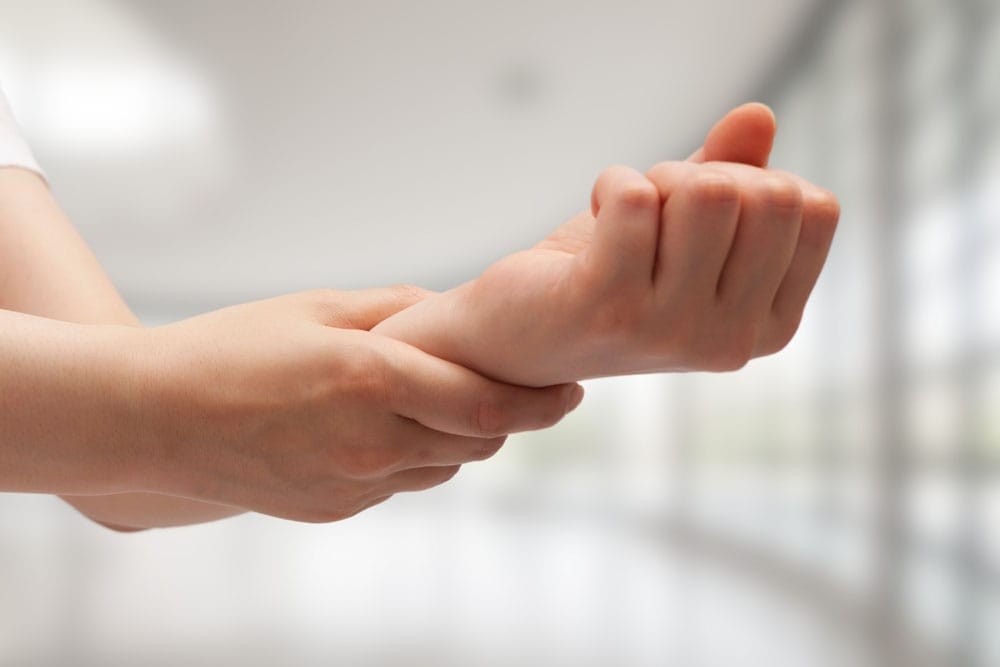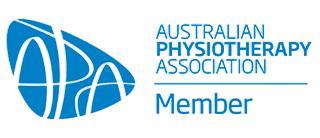
What is De Quervain's Tenosynovitis?
De Quervain's tenosynovitis is a condition resulting from the painful inflammation of the tendons at the base of the thumb. Pain is usually worsened by active abduction of the thumb (a "thumbs up" motion) or by stretching the affected tendons.
Causes / Aetiology
This condition, like most other inflammatory conditions affecting tendons, is primarily caused by overuse. While you may experience symptoms after a single overuse event, De Quervain's is usually experienced following chronic overuse, such as piano players, golfers, and fishers. Parents of newborns may experience De Quervain's tenosynovitis as a result of regularly lifting their child and bearing weight through the thumbs.
Symptoms
The primary symptom of De Quervain's tenosynovitis is pain. Generally, this is felt at the base of the thumb and may extend further along the forearm. You may also experience swelling, pins and needles, or weakness in the thumb and fingers.
How My Physio My Health treats De Quervain's Tenosynovitis
Your My Physio My Health physiotherapist will aim to confirm the presence of De Quervain's through a history of the condition and a number of physical tests. Physiotherapy treatment of this condition implements a combination of wrist and thumb mobilisation and soft tissue massage with a stretching and strengthening program. Your physiotherapist will aim to facilitate the easing of inflammation in the tendons and progress towards strengthening to reduce the risk of reaggravation.
If you suspect you may have De Quervain's tenosynovitis or are experiencing similar symptoms, please book with our physio team.

Written by Austin Blake
Austin graduated from Flinders University with a Master of Physiotherapy in 2021. He enjoys treating a variety of musculoskeletal conditions, with a passion for chronic pain presentations including back, neck and shoulders. Austin is also keen on treating temperomandibular (jaw) pain, sporting injuries, foot pain, and repetitive use injuries such as tennis elbow. He believes that rehabilitation is best facilitated through the use of hands-on therapy and client empowerment, through education and exercise therapy.
My Physio My Health
Trust our team of physiotherapists to help you recover faster and improve your quality of life.

 WISHING EVERYONE A HAPPY NEW YEAR! WE'VE RETURNED TO OUR REGULAR OPENING HOURS
WISHING EVERYONE A HAPPY NEW YEAR! WE'VE RETURNED TO OUR REGULAR OPENING HOURS



